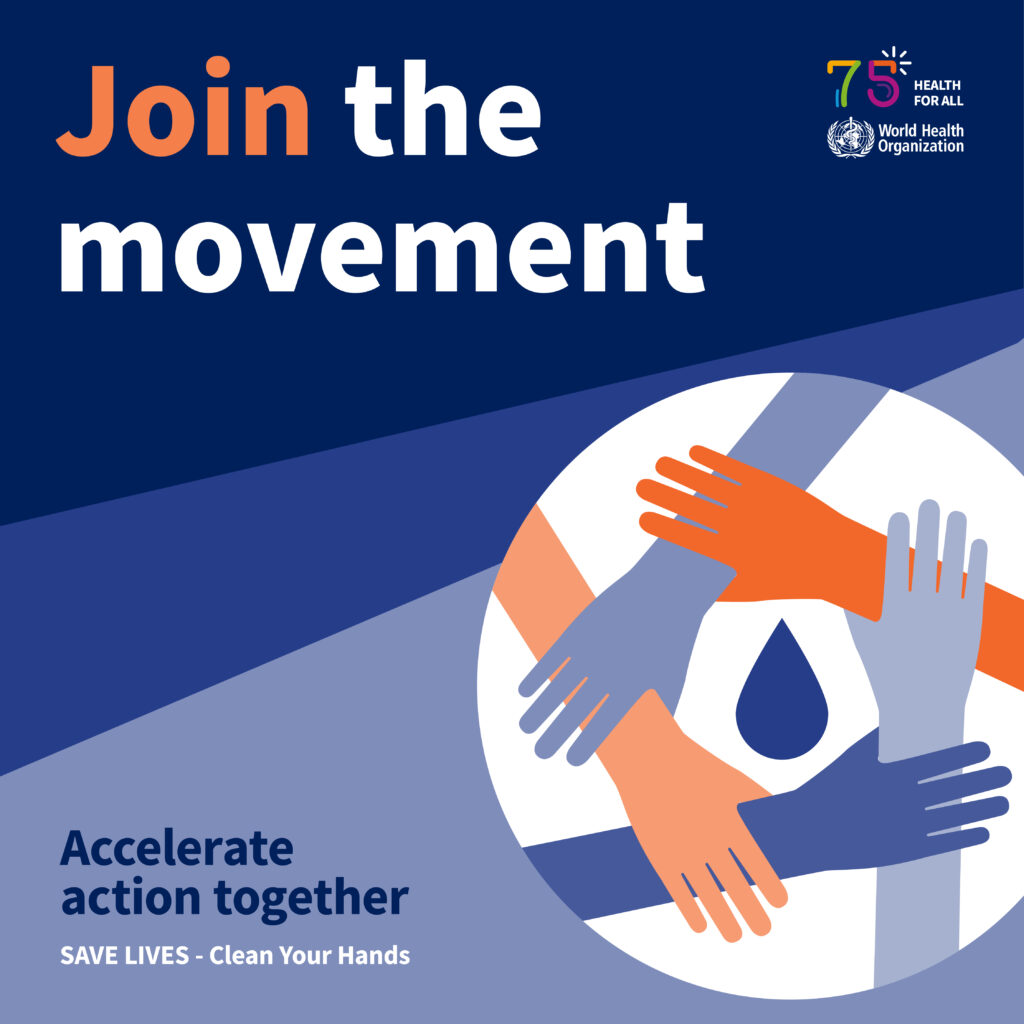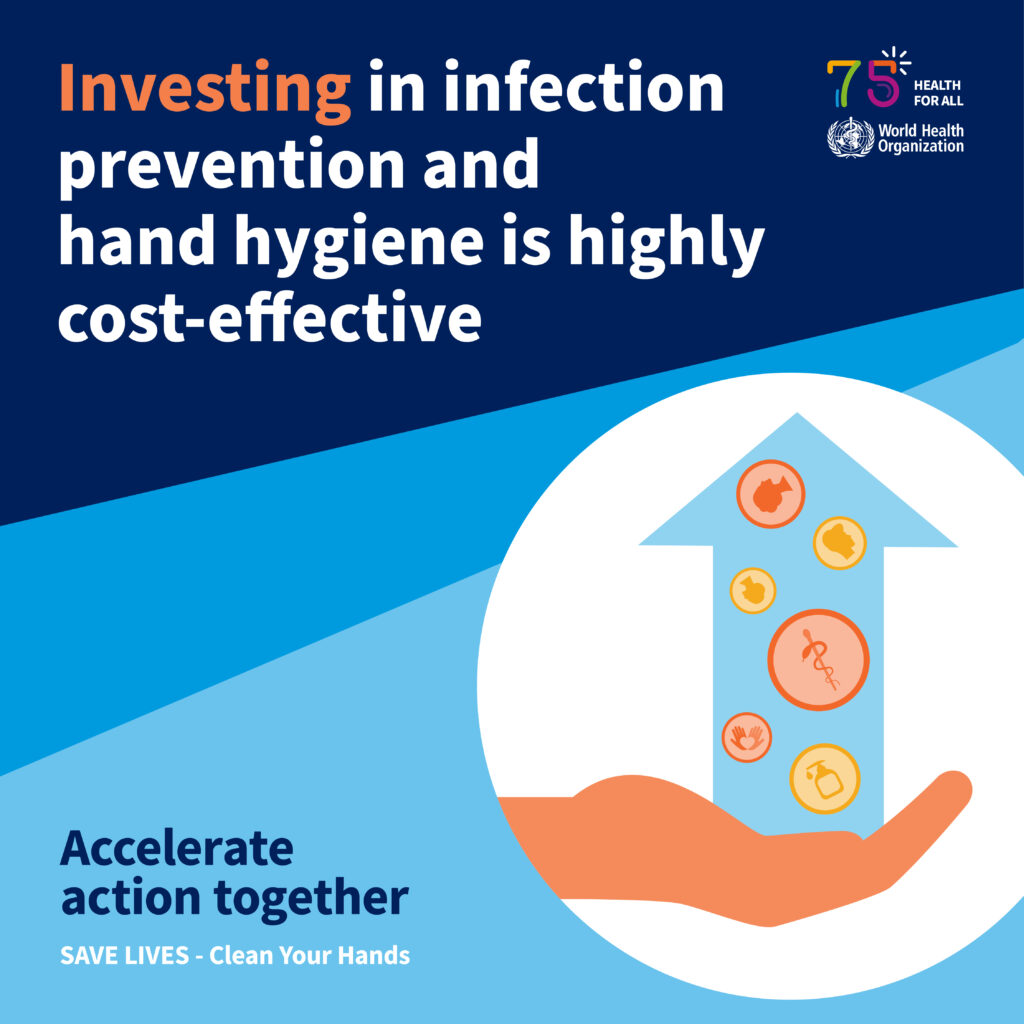SAVE LIVES – Clean your hands!
May 5th marks World Hand Hygiene Day – a campaign led by the World Health Organisation (WHO) with a focus on improving hand hygiene in health care to support health-care workers and patients, and to bring people together in support of hand hygiene improvement globally.
The WHO provides staggering key facts and figures highlighting the crucial role of handwashing in health care facilities. Handwashing is crucial to preventing infections and their spread, which have an incalculable burden in terms of human suffering, health impact and economic losses. Hand hygiene saves millions of lives every year when performed at the right times and in the right way during health care delivery.
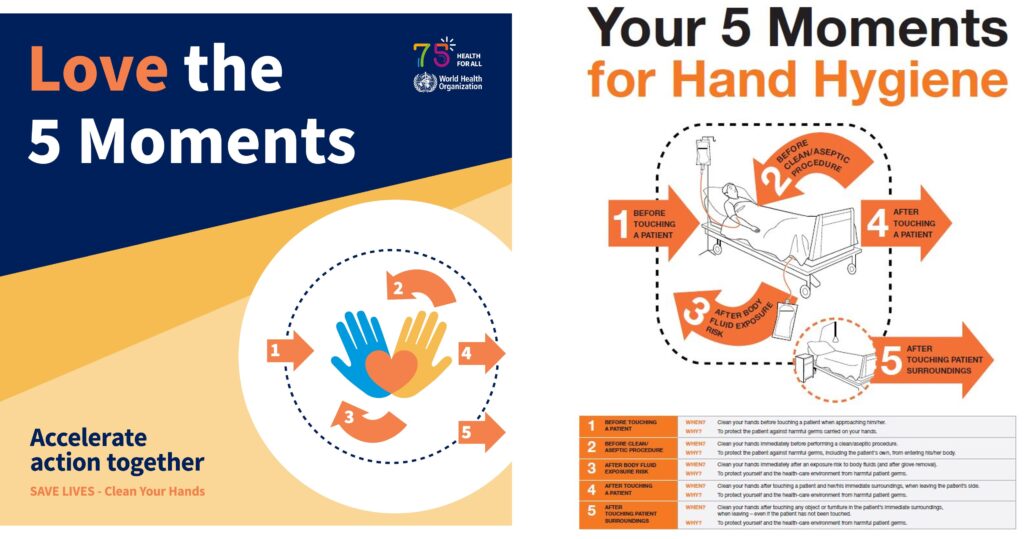
However:
- Only half (51%) of health care facilities globally had a basic hand hygiene service, meaning that functional hand hygiene facilities were available at points of care, and within five metres of toilets. 3.85 billion people – around half of humanity – lack a basic hygiene service at their health care facility. This includes 688 million people with no hygiene services (WHO/UNICEF, 2022).
- Only four out of five health care facilities (78%) had basic water services. 1.7 billion people lacked basic water services at their health care facility, including 857 million people globally with no water service (WHO/UNICEF, 2022).
- Approximately 70% of health care workers and 50% of surgical teams do not routinely practice hand hygiene (WHO, 2023).
The lack of water, sanitation and hygiene was observed directly by the hands4health project, through an assessment of health care facilities in Mali and Burkina Faso. In both countries, the assesment revealed that 12% of health care facilities did not have access to safe water. Handwasing facilities where only present in 10% and 12% of the assessed health centres in Mali and Burkina Faso, respectively.
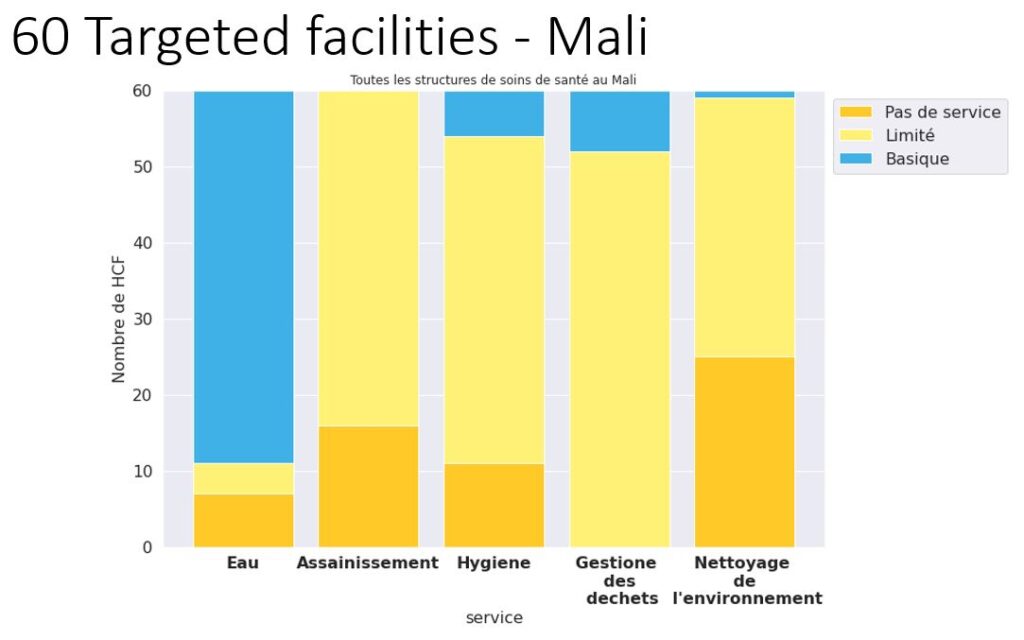
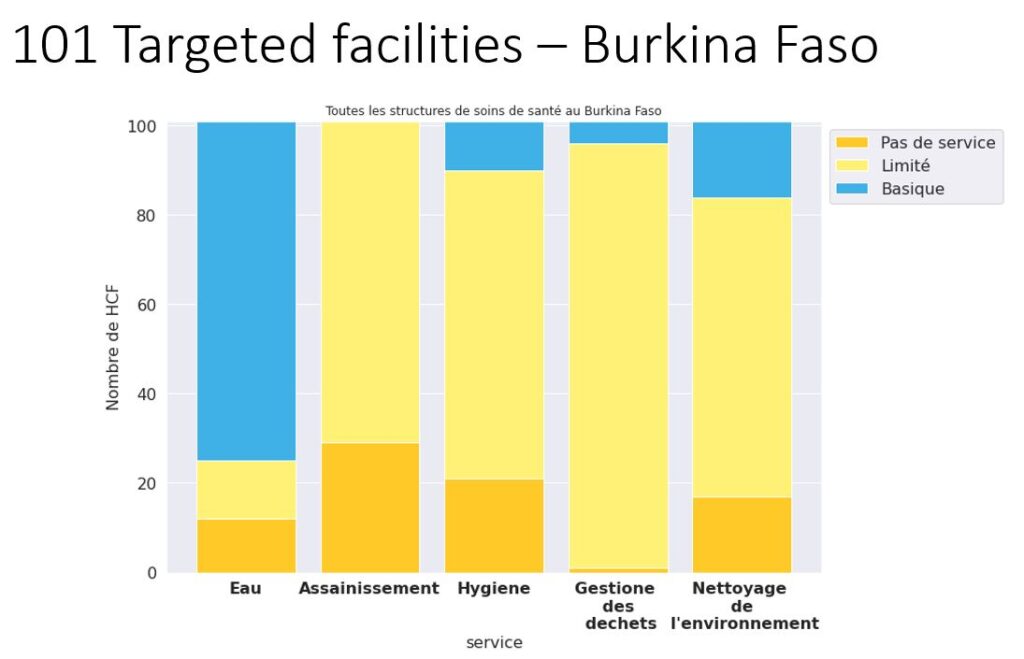
Hands4health is proud to directly contribute to improving hand hygiene in health care centres in Burkina Faso and Mali. In those countries, we are working to develop a comprehensive approach to hand hygiene, water quality and sanitation in primary health care facilities not connected to functional water supply systems. You can find out more about our latest updates on our website and by registering for our newsletter.
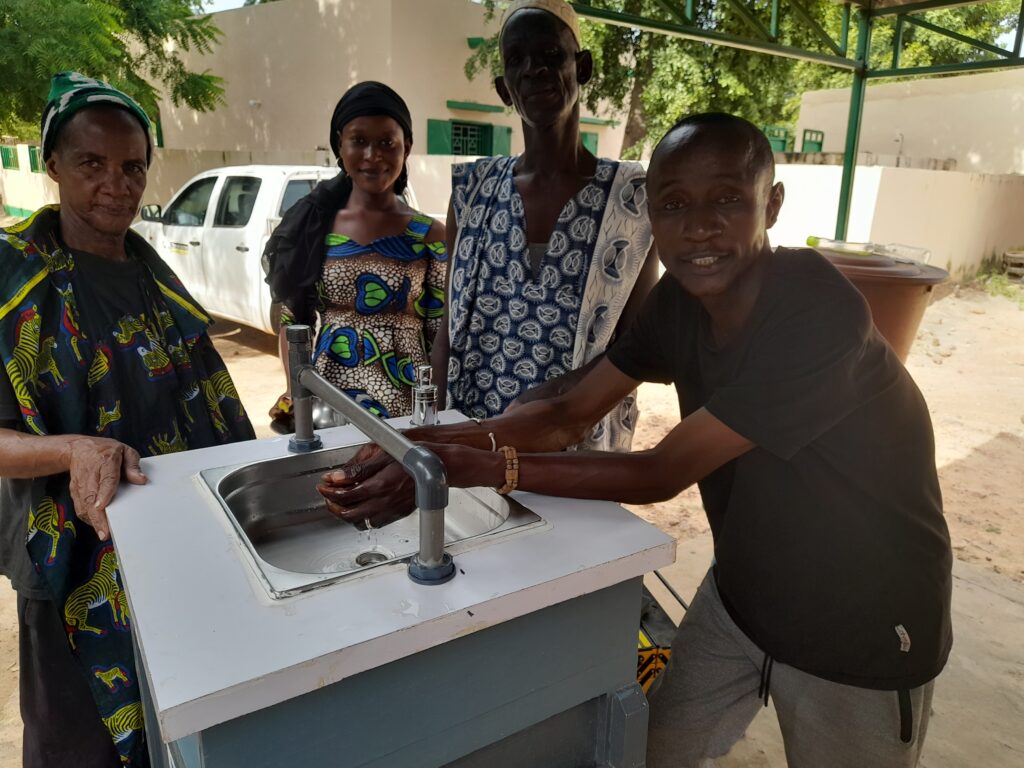
More information and resources
If you would like to help to accelerate action to prevent infections and antimicrobial resistance in health care and build a culture of safety and quality in which hand hygiene improvement is given high priority, check out the official website of the World Hand Hygiene Day 2023. Useful resources include:
- Your 5 moments for hand hygiene (infograph)
- How to handwash (infograph)
- How to handrub (infograph)
- The WHO hand hygiene page, which contains guidelines and evidence, as well as training, implementation and monitoring tools on hand hygiene in health care facilities.
